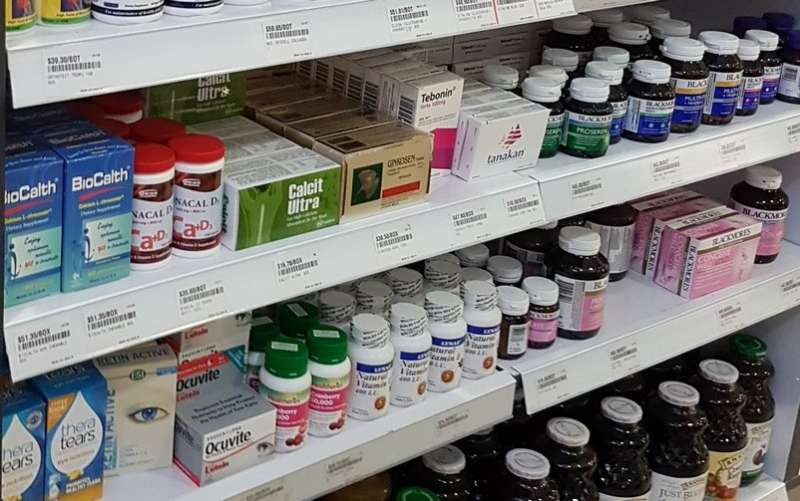How safe is your complementary health product?

NUS researchers have found that skin allergies are the most common adverse reaction associated with the use of complementary health products.
Complementary health products are a diverse group of commercial products which are commonly consumed by the general public to enhance their health. These include Chinese proprietary medicines and health supplements, which typically contain ingredients from natural sources. They are widely perceived to be safe for consumption by consumers on the basis of their natural origin.
A research team led by Prof Koh Hwee Ling, from the Department of Pharmacy, NUS has partnered with the Health Sciences Authority (HSA) and discovered that rashes on the skin and appendages (e.g. arms and legs) are the most commonly reported adverse reactions associated with the use of complementary health products over a seven-year period (from 2010 to 2016) in Singapore.
There were 893 adverse event reports associated with complementary health products, constituting 0.6 percent of the total number of adverse events reported in that period. That is, the majority of adverse events were due to conventional drugs. The reported implicated products include those which contain glucosamine (often used as a supplement for joint pain and arthritis), and illegal products found to be adulterated with conventional drugs (e.g. nonsteroidal anti-inflammatory drugs (NSAIDs) and steroids). 160 implicated products were tested and 53.1 percent of them were found to be adulterated with undeclared drugs.
Complementary health products should not contain conventional drugs. The top three adulterants found were dexamethasone (steroid), chlorpheniramine (antihistamine) and piroxicam (NSAID). It is dangerous to consume adulterated products as these can cause serious side effects or adverse effects. For example, long-term unsupervised usage of oral steroids can lead to Cushing's syndrome and other disorders.
Prof Koh said, "As complementary health products are sold more and more on-line (via e-commerce) worldwide, this complicates the task for regulatory agencies like HSA, as it is difficult to ensure safety on products with such diverse sources. With concerted effort through education, research and collaboration among different stakeholders, it is possible to ensure the quality and safety of complementary health products while harnessing their potential benefits."
More information: Yimin Xu et al. Retrospective Study of Reported Adverse Events Due to Complementary Health Products in Singapore From 2010 to 2016, Frontiers in Medicine (2018). DOI: 10.3389/fmed.2018.00167

















